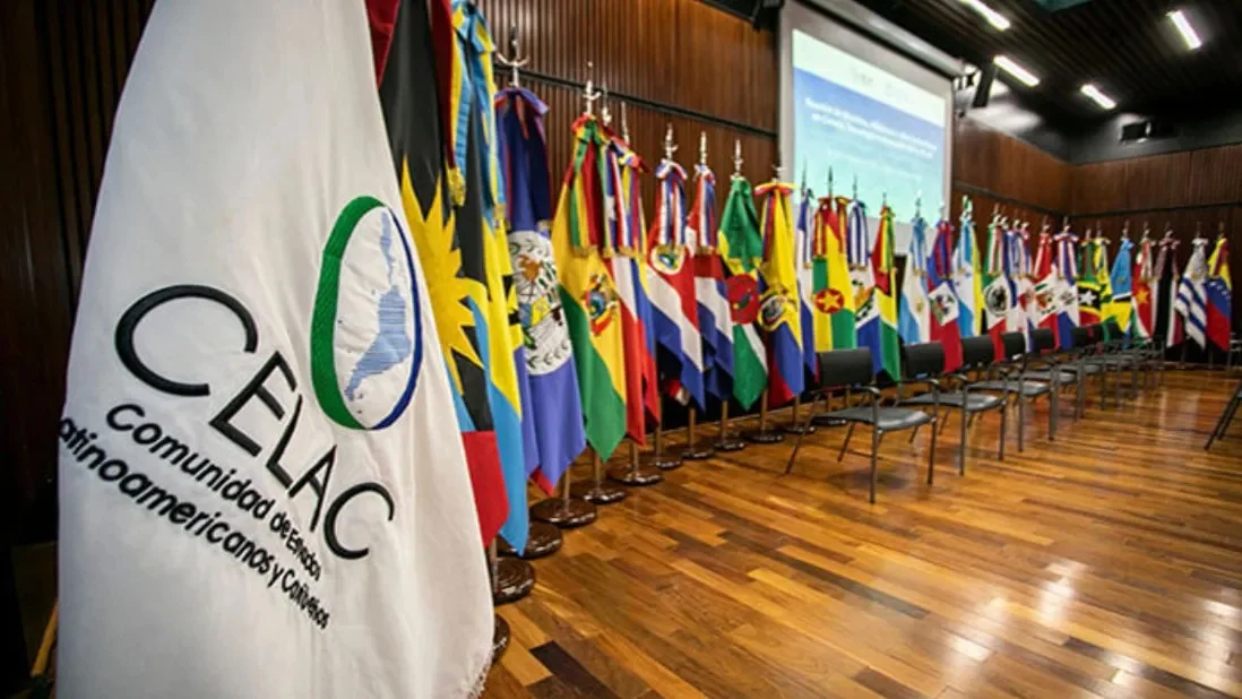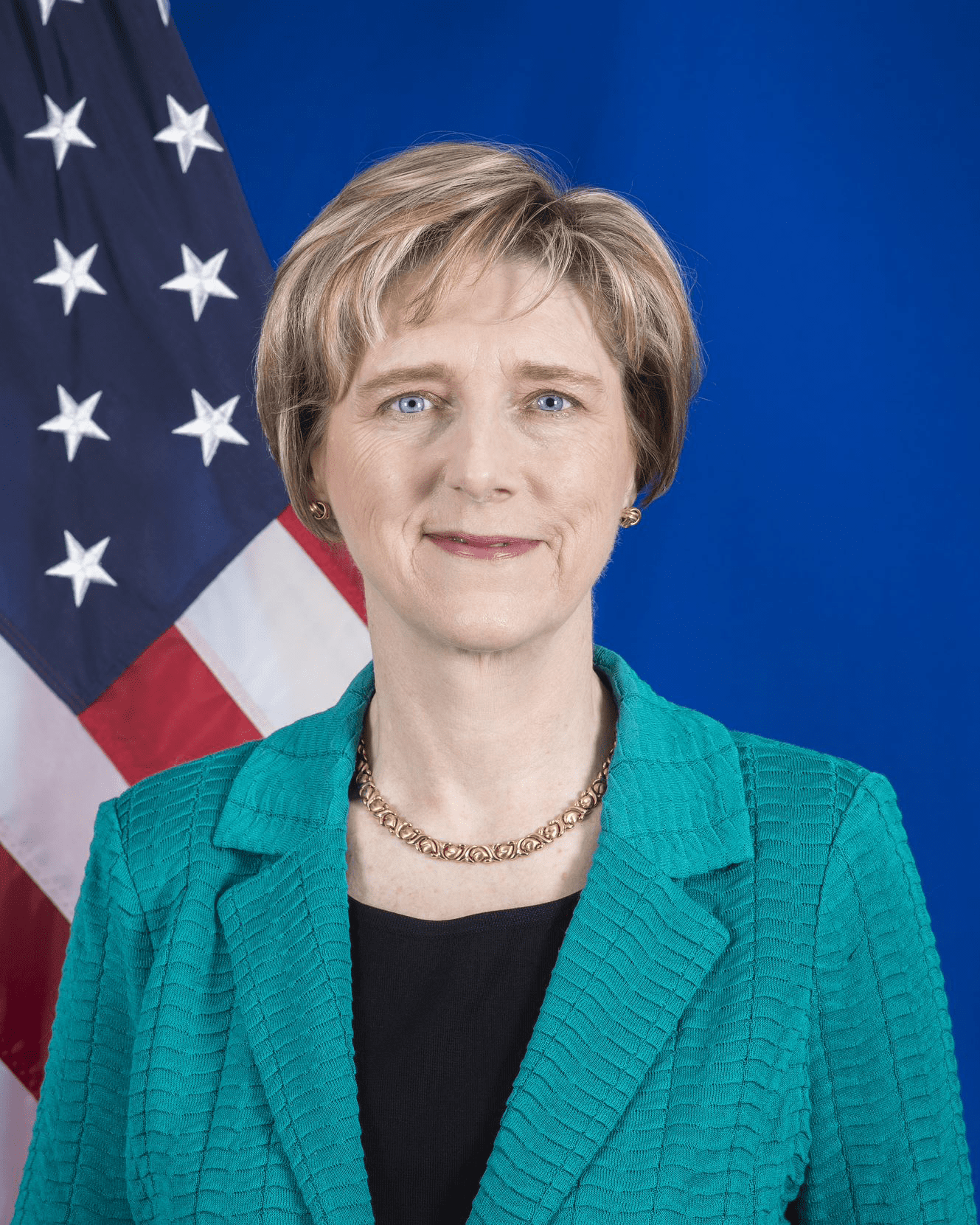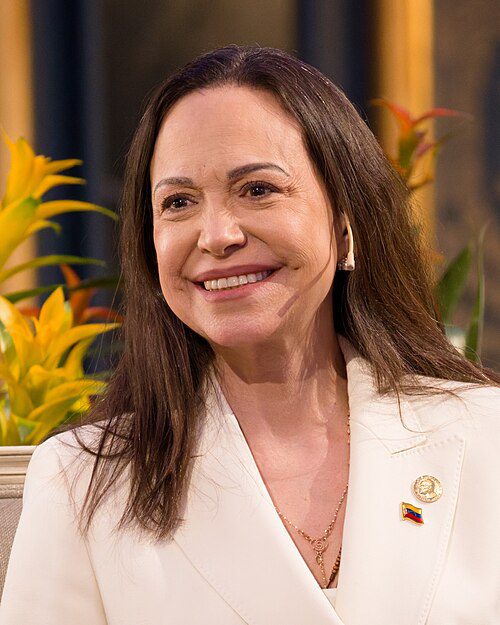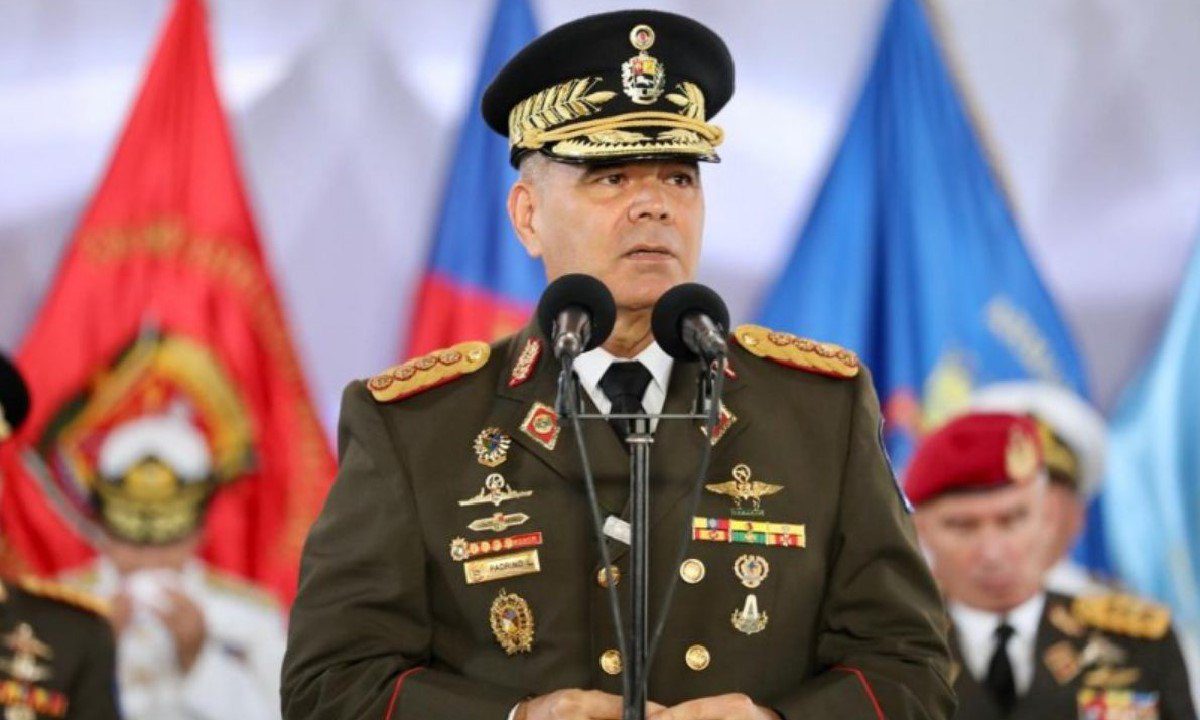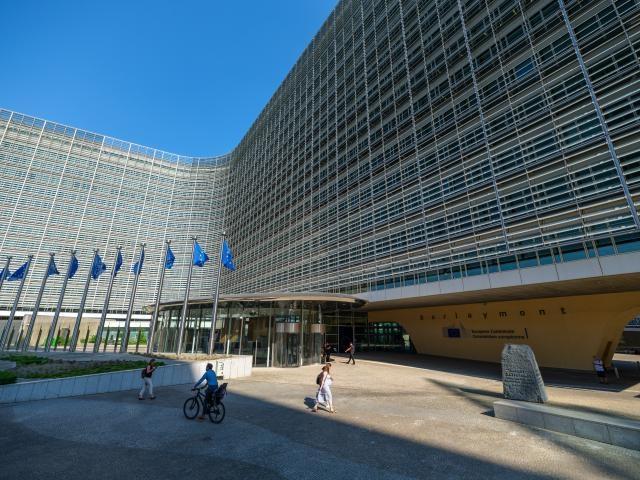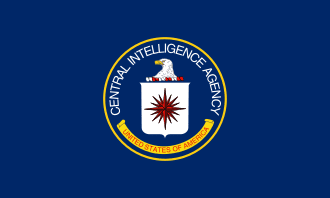Diplomatic representatives agreed on advocating the principle of “non-interference” in the internal affairs of nations and rejecting the idea of military intervention. Photograph: Venezolana de Televisión.
Guacamaya, September 1, 2025. The foreign ministers of the 33 member countries of the Community of Latin American and Caribbean States (CELAC) held a virtual meeting to analyze the United States’ military deployment in the Caribbean. In the emergency meeting convened by Colombia, which holds the pro tempore presidency of the organization, they reaffirmed their commitment against foreign interference.
The meeting aimed to “exchange open and constructive points of view” on the situation and address the “possible implications for peace, security, and regional stability,” according to the Colombian Foreign Ministry’s call. In this regard, its head, Rosa Villavicencio, emphatically rejected the “logic of intervention” and underlined that CELAC must safeguard the sovereignty of its peoples.
“CELAC was born to speak with its own voice, and today that voice must say unequivocally: we reject the logic of intervention, reaffirm the United Nations Charter, demand that all legitimate concerns be channeled through diplomatic and multilateral means, and offer our platform to channel Latin American and Caribbean solutions to the challenges of our common home,” said Villavicencio.
For his part, the Venezuelan foreign minister, Yván Gil, denounced the U.S. deployment as a grave threat to peace in the region, also violating international agreements and treaties. “(The deployment) not only violates the declaration of the Zone of Peace but also the Treaty of Tlatelolco (which prohibits nuclear weapons in the region),” Gil pointed out in his speech.
The Venezuelan diplomat referred to the escalation of U.S. military movements, arguing that the fight against drug trafficking is a disguised aggression that does not correspond to reality. “We are talking about eight military ships, with more than 1,200 missiles on board, and about 4,200 trained troops ready to intervene,” warned Yván Gil in his address.
In this way, Venezuela rejected Washington’s narrative about the so-called “Cartel of the Suns” and presented data indicating that drug trafficking is mostly generated in Colombia. “87% of cocaine traffic leaving Colombia for the U.S. uses the Pacific route,” Gil specified, adding that 70% of the 5% attempting to pass through Venezuela is seized by the National Defense.
Other diplomatic representations also expressed themselves. Nicaragua rejected any threat of the use of force in the region and urged “unity” within the community. Cuba, for its part, strongly rejected the U.S. military deployment and declared that “anti-drug” operations are an absurd pretext that hides interventionist interests.
In response to the U.S. military action off Venezuelan waters, Nicolás Maduro’s government has increased its military presence in border areas and held enlistment and mobilization days for militias. Meanwhile, other countries in the region, including members of ALBA-TCP, have also rejected the deployment and expressed concern about the escalating tensions.

